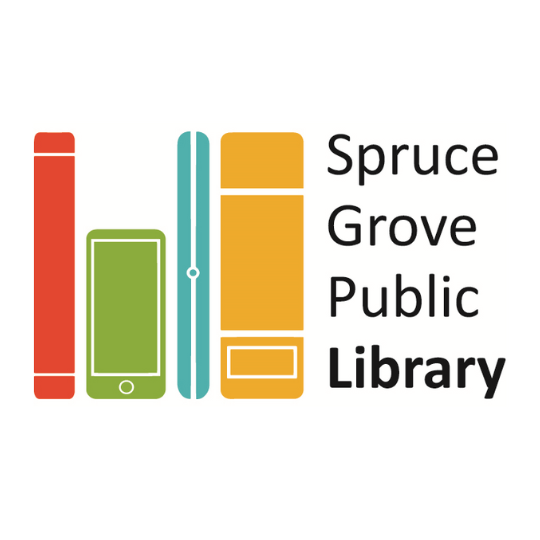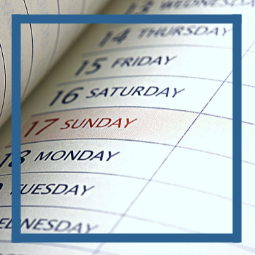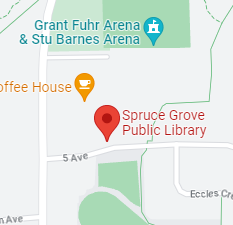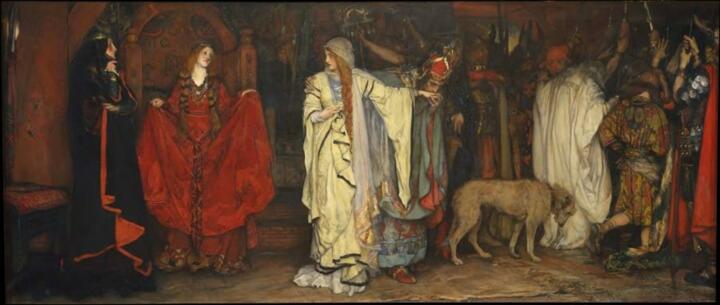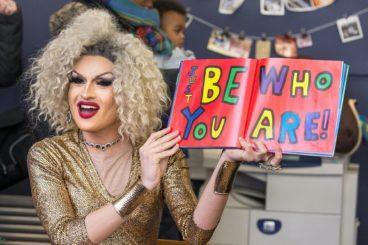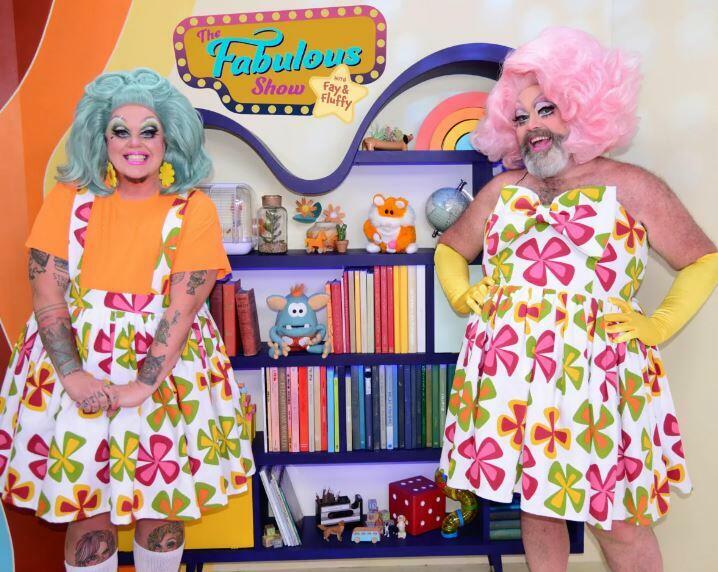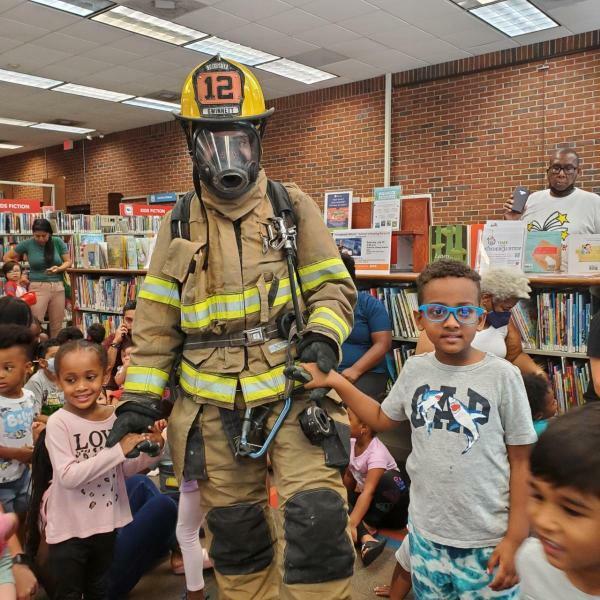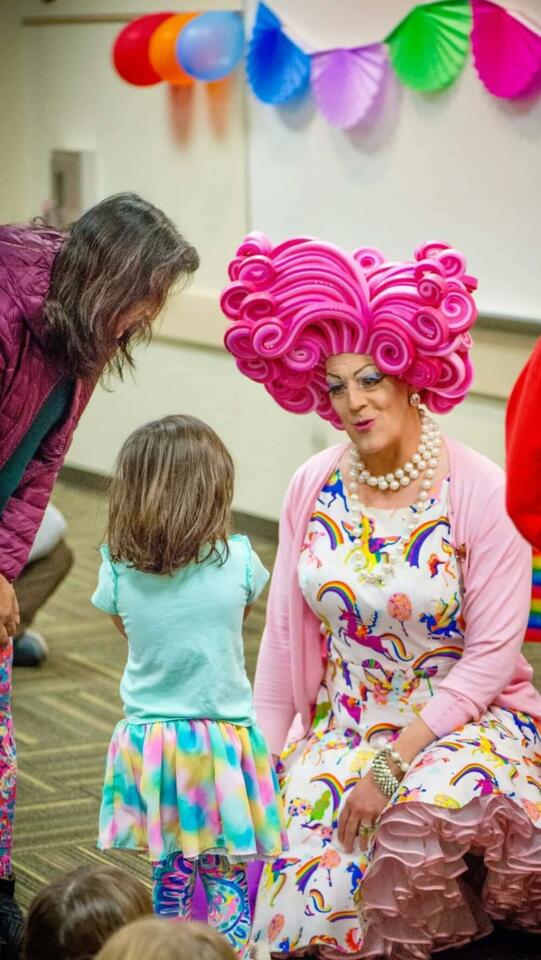Pride Storytime FAQ
Diversity
This page has been developed to include our community in the sharing of knowledge around terms and information regarding diversity with the willingness to join SGPL as we learn, unlearn and relearn together.
Definition of Drag
Drag is a type of entertainment where people dress up and perform, often in highly stylized ways.
The term originated as British theater slang in the 19th century and was used to describe women’s clothing worn by men. The term "drag" refers to the performance of masculinity, femininity or other forms of gender expression.
The history of drag queens is an evolution from a common theatre practice to an award-winning form of entertainment that has gained legitimacy both on a national and international stage.
With its mainstream success, some may be surprised to learn that the history of drag as a form of entertainment dates back to Ancient Greek and Shakespearean times and for more utilitarian purposes. Indeed, the history of drag seems to be one inextricably tied to the theater. in the 17th century when Shakespeare's plays were first performed at the Globe Theatre in London, only men were allowed to take part in the productions. So when plays included female parts, the male actors would dress as women to fill the void.
It's in the theatre that the term "drag" is believed to have originated. When men played female parts, they would supposedly discuss how their costume dresses would "drag" across the floor.
Drag began to take on more of an individual form of entertainment (as opposed to being utilized as a part of an ensemble performance) when female impersonation was introduced into American culture via the genre known as "vaudeville."
Vaudeville performance gained traction in the early 20th century in the United States, and it combines comedy, music, dance, and burlesque to create an offbeat type of live entertainment.
In the modern era, where the internet can bring marginalized communities into the spotlight, drag has found a fan base that's become larger than life. The drag queen has entered the mainstream once again — and this time, it seems like it's here to stay.
Find out more about how these story time events are being deeply mischaracterized:
A Brief History Of Drag Queen Story Hour - Huffington Post, 2023
The Evolution of Drag: A History of Self-Expressionism - Byarcadia.org, 2021
To sum it up it’s about having fun, celebrating diversity and letting kids know there’s nothing wrong with them if they don’t follow the “normal” gender rules such as only girls like pink and boys like blue or girls play with dolls and boys with trucks.
If they’re totally the opposite, then that’s just fine! In these times especially it’s so important to promote kindness and inclusivity. Exposure to a diversity of cultures and lifestyles develops a deeper level of understanding of others. People with this knowledge are more likely to have strong collaboration skills and are less likely to discriminate/bully those that are different.
“Drag Queen Storytime provides an opportunity for parents to begin to have conversations with their kids about respecting other types of people and reassuring them that they will love their child however he or she chooses to express themselves.”
Dr. Joe Kort, Drag Queen Storytime for Children: Is listening to a drag queen read a story dangerous for a child? - Psychology Today, 2019
When a fire fighter does a story time, a guest athlete, or any other local dignitary they are not trained in child literacy. They are taking part in the storytime because they want to share the gift of stories with the children in the program, this is the same with drag queens, they are sharing child appropriate content and guest presenting a storytime that is bright and colourful, celebrating differences and uniqueness.
Miss Shirley, the alter ego of Denver third-grade teacher Stuart Sanks, (pictured here) does have a background in literacy and education. Some guest presenters do have this knowledge, however, it is not a requirement as we value external program facilitators expertise in their own fields.
If this program does not meet your needs, we respect your choice not to attend, and hope that you will find a Library program that does meet your needs.
The Library offers a variety of engaging programs, including a number of regular storytimes, and we look forward to welcoming you at those.
As proud participants in the global Libraries are for Everyone campaign, we promote equality, acceptance, and safety for all. Additionally, the Spruce Grove Public Library 2019-2023 Plan of Service, the document that directs all or our programs and services, was created by a Community Planning Committee comprised of Spruce Grove residents that advised the library to focus on three areas in everything we do: practice and promote inclusion, provide a welcoming place, and encourage literacy.
Spruce Grove Public Library along with all libraries in our province subscribes to the Library Association of Alberta’s Statement on Intellectual Freedom which states:
“Alberta libraries have a responsibility to guarantee and facilitate access to all expressions of knowledge, opinion, creativity and intellectual activity including those which some elements of society consider unconventional, unpopular, unorthodox or unacceptable.”
Throughout the year, SGPL promotes many celebrations and supports all people.
Ultimately, parents and guardians are responsible for supervising Library use by their – and only their - children. The Library does not stand in loco parentis and cannot allow others to censor or decide on the library activities of other children.
"Nobody is forcing any parent to take their child to a Drag Queen Story Hour. The children who do attend are not being exposed to pornography. They are being exposed to children’s books for children. The uproar over such a sincerely wholesome event makes it plain what the issue really is: not parental rights. Not sexualization. Not the content of what the drag queens are reading to the kids. It’s the existence of drag queens. It’s the idea that someone might present in a way that was at odds with a certain vision of how men or women should dress or present or behave."
Monica Hesse, Drag queens are not the ones sexualizing drag story hour - Washington Post, 2022
Libraries are for everyone, but everyone may not want to participate in what we offer all of the time. At the same time; there is something for everyone and we are here to help you find whatever that is for you.
The Library offers a variety of engaging programs, including a number of regular storytimes, and we look forward to welcoming you at those.
Take a look at our calendar of upcoming programs and events for other activities on offer. We provide programs on a variety of topics, for various age groups and demographics year-round!

